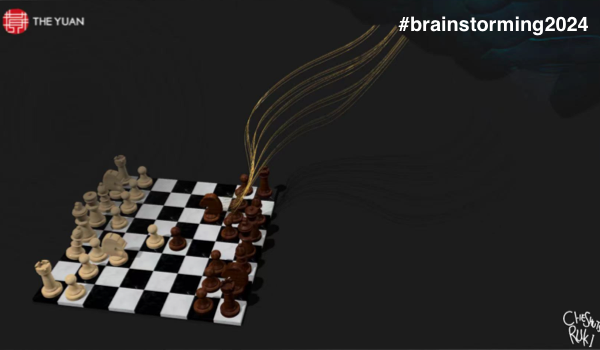


LAGUNA BEACH, CALIFORNIA - Firms and governments must increasingly internalize the possibility or arguably more likely overwhelming probability, of an acceleration of four secular developments that influence what business and political leaders do and how they do it.
Decision-makers should think of these trends as waves, which, especially if they occur simultaneously, could feel like a tsunami for those who fail to promptly adapt their thinking and practices.
The most important trend is climate change, which has evolved from a relatively distant concern with ample time to take remedial action to an imminent and increasingly urgent threat.
The mobilization of various concerned segments of society, owing partly to unusual climatic disruptions in recent years, has greatly increased the pressure on companies to act now. BP’s recent announcement that it intends to achieve “net-zero” carbon emissions by 2050 - a notable promise by an energy company that operates in several highly challenging settings - is the latest example of business responding to such calls. It is only a matter of time until this pressure also prompts governments to take further steps, not only to encourage green activities, but also to tax and regulate those that pollute.
Second, privacy concerns have grown alongside technical innovations involving artificial intelligence (AI) and Big Data.
Society is increasingly recognizing that recent technological advances allow not only for more efficient compilation of huge amounts of personal data, but also to use this information to monitor and alter behavior. Data are controlled and exploited either by governments, Big Tech companies, as in the United States, or more by users, as in Europe. None of these three general operating paradigms seems to provide sufficient comfort and assurance to most, however.
Fracturing Globa
The content herein is subject to copyright by Project Syndicate. All rights reserved. The content of the services is owned or licensed to The Yuan. The copying or storing of any content for anything other than personal use is expressly prohibited without prior written permission from The Yuan, or the copyright holder identified in the copyright notice contained in the content. Continue with Linkedin
Continue with Linkedin
 Continue with Google
Continue with Google










 3657 views
3657 views







